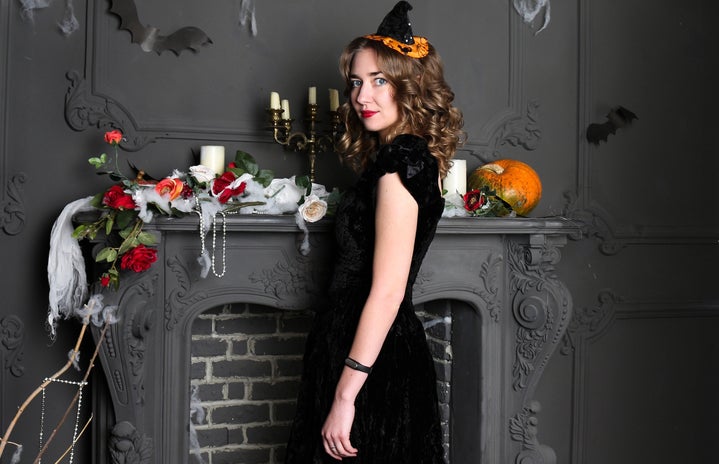Now that Halloween is just around the corner, it is time to talk about one of the most prevalent issues surrounding Halloween: cultural appropriation. Cultural appropriation can be defined as the unacknowledged or inappropriate adoption of the customs, practices, ideas, etc. of one people or society by members of another and typically more dominant people or society. Although people may not mean to offend someone when they wear a culturally appropriated costume, that is precisely what they are doing.
When people wear a culturally appropriated outfit for Halloween, they are not only using identities as a punchline for a joke, but they are also, in turn, being racist or transphobic much of the time. The use of identities and sexual orientations that are racist and transphobic can be viewed as normalized when it comes to Halloween costume; however, this should never be the case. Some of the most normalized racists and transphobic costumes can include dressing as a Native American, as well as a man dressing in women’s clothing as a joke. Although these costumes are normalized in some societies, ignorance is not an excuse for cultural appropriation. This is apparent as many schools whose mascot was the Indian have apologized for the cultural appropriation of Native Americans and have changed their mascot in accordance with that.
Many people who are culturally appropriate during Halloween dress up in traditional clothing of different cultures. In doing this, the costumes take the sacredness of the culture and the clothing away and turn it into a joke. Although this is normalized in society, it should not be as the people of these cultures have no way to stop the appropriation of their traditions. These costumes are continually sold as jokes in Halloween stores. These costumes also rely on stereotypes to convey that a particular race is, in fact, the costume. These costumes can also lead to black facing, brown facing, and yellow facing, to convey that a person not of a certain race is trying to portray themselves as a specific race. This is not only extremely racist and morally wrong, but it also allows people to joke about minorities and discriminate against people.
It is essential to educate yourself about cultural appropriation, as even children’s costumes, such as ninja costumes, are cultural appropriation. Any costume that portrays a culture, mental disability, or sexual orientation as a joke or a stereotype is not only wrong, but it reinforces the stereotypes or jokes surrounding the costume itself. This is very prevalent when looking at a candy skull Halloween costume. This costume might seem like a good idea to some people; however, when a person who celebrates the Day of the Dead sees someone dressed as a candy skull, which is crucial when mourning the loss of loved ones, they only see the costume as a cruel joke surrounding their culture.
When seeing someone who is culturally appropriating, it might be challenging to decide what to do as it is not your duty to enlighten people about their wrongdoings. However, if you want to confront a person about their costume choices, you can ask why they chose that costume as it relies on stereotypes and why they think the costume in itself is funny. In asking these questions, it causes the person to question why they chose the costume and if they believe the costume is appropriate when looking back at it. Cultural appropriation is not okay in any sense, and that is why it is important to educate yourself and others around you by becoming aware of cultural appropriation. After all, if it was your culture, would you be okay with someone taking aspects of it and using those aspects as a joke.


